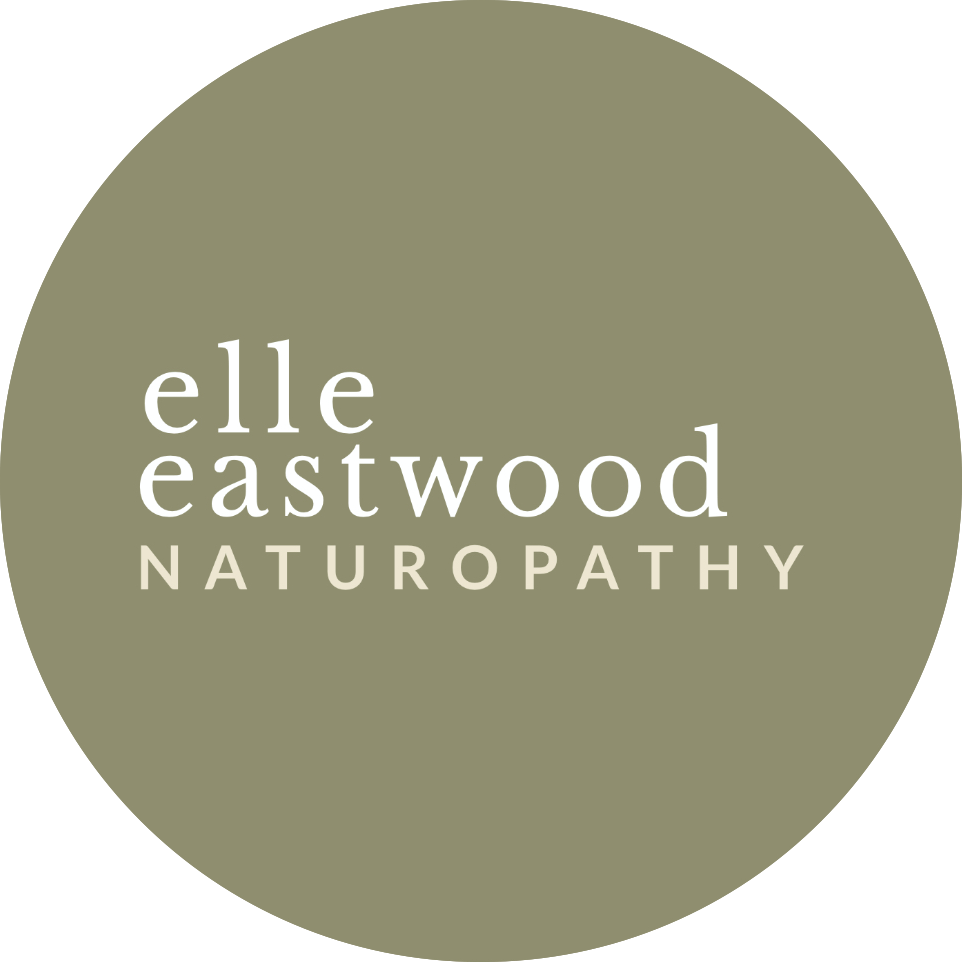How your gut affects your skin
*This Article was originally posted on Challenge me Fitness here
This week we are talking about how our gut affects our skin. This is a question I am regularly asked by my patients. So often, the skin is viewed as a completely separate organ to the rest of the body which can only be treated by slathering on multiple topical treatments. This couldn’t be further from the truth!
OUR SKIN
Our skin is the largest organ in the body, covering a surface area of approximately two square metres! Our main elimination organs are the lungs, liver, urinary system and digestive system. If these channels are compromised for whatever reason, toxins can often end up being excreted via the skin. Our skin is so often a reflection of what’s going on internally.
It is important to stress that skin conditions are multifactorial and each person’s unique presentation should always be considered. Nutritional deficiencies, hormone imbalances and compromised liver function are also important aspects to be mindful of when addressing skin conditions. In saying that, the explosion of research into the gut microbiome in the last few years has well and truly solidified the link between the bacteria in our gut and skin conditions.
THE GUT-SKIN CONNECTION
A healthy, well-balanced gut bacteria eco-system is important role in ensuring the lining of our gut remains strong and able to act as an efficient gatekeeper. It should allow for the absorption of nutrients whilst blocking the entry of allergens such as parasites, fungi or pathogenic bacteria. If this barrier is compromised, it can cause the microscopic gaps between the gut cells to widen, allowing unwanted, larger toxins to pass through them and enter your system. The immune system then detects these intruders, mounts a response and causes inflammation.
A RESEARCH SNAPSHOT
- A 2001 Russian study found that 54% of acne sufferers have significant alterations to their intestinal microflora.
- A 2008 study showed people with sebaceous gland diseases (such as acne, seborrheic dermatitis and rosacea) were more likely to experience gastrointestinal symptoms such as bloating, constipation and reflux compared to those without sebaceous gland diseases.
- A double-blind, placebo controlled trial showed a lactoferrin-enriched milk beverage significantly reduced acne lesions and acne grade over a 12 week period compared with placebo.
- A recent meta-analysis concluded infants who were treated with probiotics had a significantly lower risk of developing eczema and probiotics are a successful preventative treatment in pregnancy and infancy.
This doesn’t mean that popping a probiotic every morning is a solution to skin problems, but it is certainly an important part of the jigsaw which should be considered within the context of everything else going on within the body. This research certainly demonstrates that what is going on within our gut has the capacity to impact everything else, particularly our skin. Before you lather up with another expensive skin lotion, stop to consider that bacterial ecosystem residing in your gut and if it’s trying to tell you something.
Next time, we finish up with the final installment in our gut series – I’m chatting about what fermented foods really are and why they are good for us.
References:
Kim, J et al. 2010, ‘Dietary effect of lactoferrin-enriched fermented milk on skin surface lipid and clinical improvement of acne vulgaris”, Nutrition, vol. 26, no. 9, pp. 902-9
Kresser, C The gut-skin connection: how altered gut function affects the skin, <https://chriskresser.com/the-gut-skin-connection-how-altered-gut-function-affects-the-skin/>
Volkova LA, Khalif, IL & Kabanova IN 2001, ‘Impact of the impaired intestinal microflora on the course of acne vulgaris’, Klin Med, vol. 79, no. 6, pp. 39-41
Zhang, H, et al. 2008, ‘Risk factors for sebaceous gland diseases and their relationship to gastrointestinal dysfunction in Han adolescents”, Journal of Dermatology, vol. 35, no. 9, pp. 555-61
Zuccotti, G et al. 2015, Probiotics for prevention of atopic diseases in infants: systematic review and meta-analysis’, Allergy, vol. 70, no. 11, pp. 1356-71

